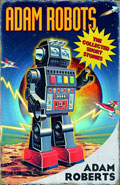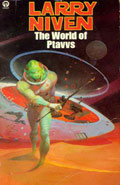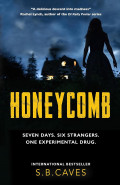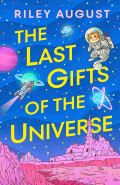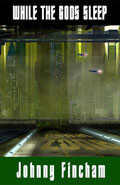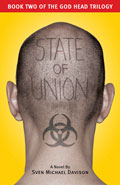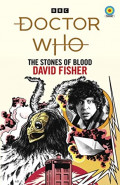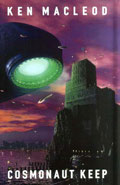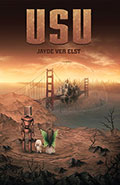The Shiva Syndrome
By Alan Joshua
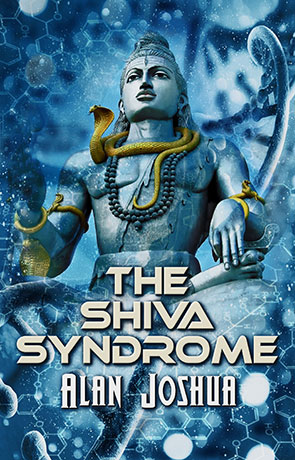
- The Shiva Syndrome
-
Author: Alan Joshua
-
Publisher: Self Published
- ISBN: 978-1771551311
- Published: April 2015
- Pages: 280
- Format reviewed: E Book
- Review date: 07/06/2015
- Language: English
- Age Range: N/A
A secret Russian mind research laboratory in Podol'sk is destroyed in a freak accident involving one of its patients. The resulting devastation leaves thousands dead and a mile wide crater where the ground has quite literally been pulverized. Plucked from discredited obscurity, parapsychologist Beau Walker is persuaded to join a research team investigating the incident.
The premise of any science fiction novel can be a difficult thing to sell to a reader. One of the yardsticks of the best writers in the genre has been the way in which they choose the situation and present it to the reader as a layered enigma.
The way in which this is done in The Shiva Syndrome by Alan Joshua belies the relative inexperience of the writer in some elements, but also demonstrates it in others. Here we have a crafted science fiction thriller, full of detail that defines its scientific plateau.
Our protagonist, Beau Walker starts out as something of a stereotypical overly competent military thriller hero, but quickly evolves into a more interesting individual as his difficult childhood is revealed. Of more interest are some of the supporting characters. Julie Thortsen, Burt Grimes and others, all have diverse agendas and backgrounds, making for an intriguing mix of characters and bringing their own scientific specialisms to the table.
Joshua ‘shows his working’ in a way Asimov might have been proud of, bringing this plethora of scientists around a table to discuss the intriguing science and pseudoscience of the novel. The vision is enthralling, building a fantastical concept from a multi-faceted discussion of the world’s experts as they travel by plane to Russia to investigate the crash site.
Where the inexperience shows is in the detail of writing. Clichés of expression disturb the extended conversations at times and there is a lack of plot compression with events followed through almost every waking moment of Beau Walker’s experience. Whilst this might serve to immerse, there is quite a lot that could be cut away to sharpen the conspiracy plot. There are also a few large signs pointed towards plot clues as the use of dreams and overheard conversations are used as clues for Beau to discover his fate in the web of schemes. These are too blatant and by being so, make us wonder why such an intelligent mind cannot see the danger right in front of his nose.
That said, the premise of an alchemical future defined by states of the mind originating in an evolutionary process began thousands of years ago is very carefully constructed and Joshua certainly delivers this plausibly by spreading the argument across his gaggle of boffins. The way in which science, myth and philosophy and more are drawn together into a startling conclusion is convincing, even if to start with, the physical science naysayers in Alun Gareth and Leigh Kampmann aren’t given much to say beyond childish sniping and announcing their disagreement. Gradually as the evidence bears out, they too begin to realise the whole team have been recruited to an out of control US government experiment.
The complex scientific rationalisation continues throughout the story as the conspiracy develops towards a conclusion. Joshua makes some occasional viewpoint switches in the final act to heighten the tension, which are a little too short and late to make much of the characters involved. Something less substantial or more ingrained earlier might have worked better. Concern over camera monitoring also seems fitful as the scientists prepare their revolt in a Medlab in the early hours of the morning without regard for who might be watching them despite being paranoid to talk to one another in other areas only a short while earlier.
In the finale, much of the interesting conspiracy is abandoned in favour of a vision quest. Joshua brings together more mythic and supernatural ideas to try to form a world myth premise that connects with his pseudoscience. As with the rest of the book, it works in part, creating big images that offer a bridge between religions, scientific ideas and philosophy. Some story detail and nuance is lacking as we take cognitive leaps and the rationalisation of larger concepts take precedence.
The Shiva Syndome if a little unbalanced as a story is a very detailed and thought provoking read.
Written on 7th June 2015 by Allen Stroud .
